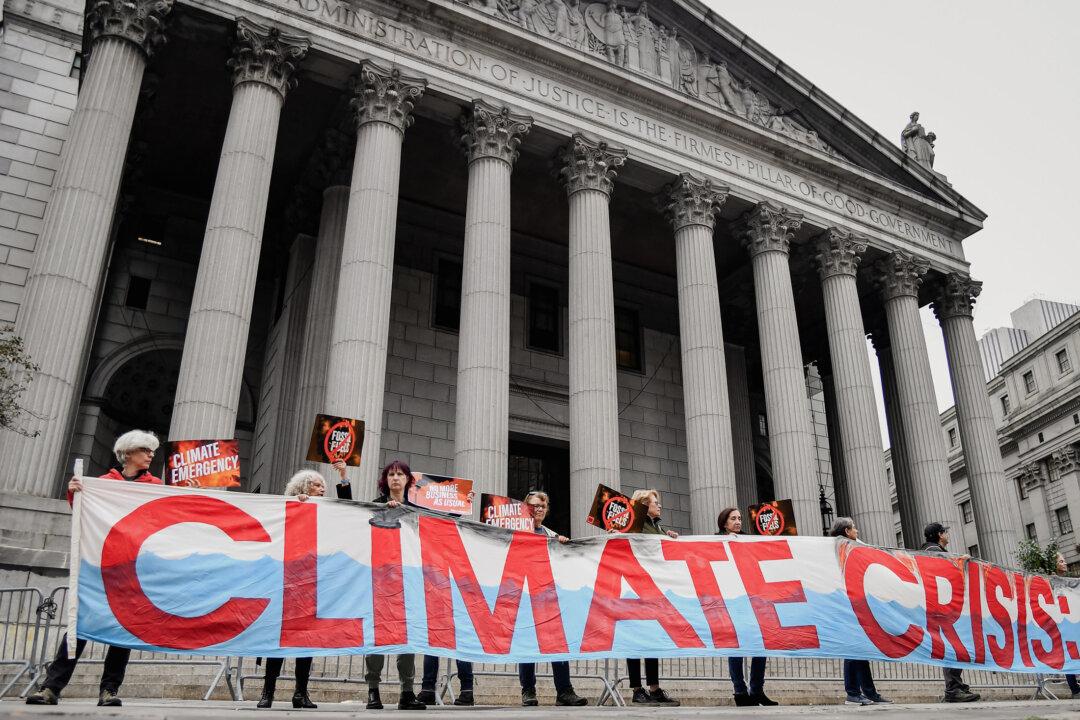Oil giant ExxonMobil’s lawsuit filed against an activist investor that tried to introduce a climate-related shareholder proposal was dismissed by a court on Monday.
In January, ExxonMobil filed a lawsuit against climate activist investors Arjuna Capital and “Follow This” for seeking to bring a climate proposal up for vote during a shareholder meeting scheduled for May. The proposal sought to make ExxonMobil adopt tighter climate targets. The company argued that defendants were motivated by an agenda that neither reflected shareholder interests nor served to boost long-term shareholder value. The proposal was designed to “shrink” the company, Exxon alleged.





